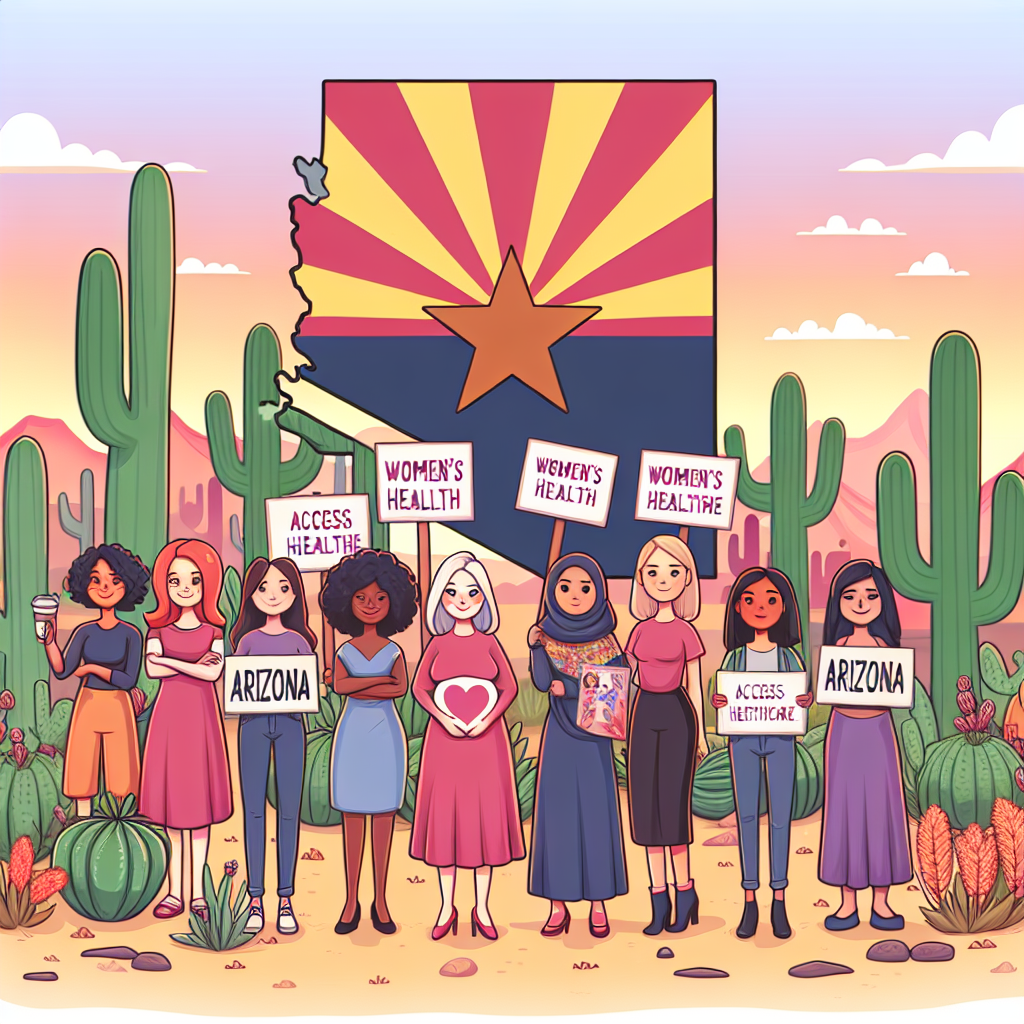Abortion Laws and Their Ripple Effects Across Latin America
Chile's Congress is set to debate a bill legalizing abortion, potentially influencing abortion legislation across Latin America. While some countries like Mexico and Argentina provide broad access, others uphold stringent restrictions. The debate highlights the region's divide over reproductive rights, with cases like Brazil's stalled Supreme Court case underscoring existing challenges.

In a landmark move, Chile's Congress is poised to debate legalizing abortion on request, a decision that could reverberate throughout Latin America, where a deepening divide over reproductive rights persists.
Countries such as Mexico and Argentina offer extensive access to abortion services. Yet, as Brazil grapples with a judicial gridlock over expanding abortion rights, other nations maintain strict prohibitions. Cuba's early decriminalization in 1965 contrasts with limited access in regions like Central America and the Caribbean.
While some nations have loosened restrictions, systemic barriers like inadequate medical facilities continue to impede access, highlighting a complex and evolving legislative landscape. The upcoming debate in Chile signifies a critical moment in the ongoing struggle for reproductive freedom.
(With inputs from agencies.)
ALSO READ
Historic Victory for Argentina: A Rare Triumph Over the Lions
Potential Tropical System Brewing Off Central America and Mexico
Tragedy Strikes: Balloon Fire in Brazil Claims Eight Lives
Tragic Hot-Air Balloon Crash Claims Lives in Brazil
Russia Offers LNG and Energy Tech to Bolster Mexico's Energy Security










